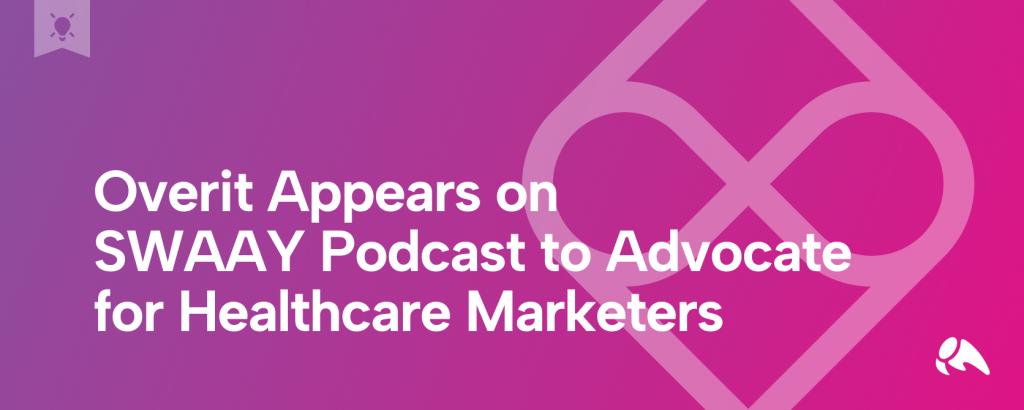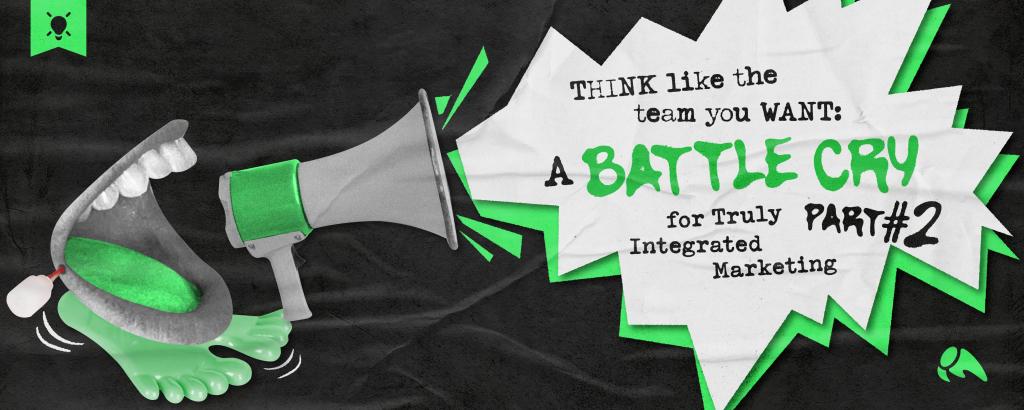The entertainment industry is no stranger to uphill battles. Whether they come in the form of complaints from the House Un-American Activities Committee (HUAC), the Motion Picture Association of America (MPAA), the Recording Industry Association of America (RIAA) or certain religious groups, it’s everyone’s favorite and most common foe.
When a school shooting devastates a Midwestern town, why wouldn’t you blame what the children were watching? Or what they were listening to?
But that needs to change. And it needs to change quickly as it’s us, the fans of creativity, who are losing out by having others judge what is appropriate and not appropriate for us to think, view and feel. But for this to happen, we all must understand our issues are not with our entertainment, but with society. Of course, doing that requires us to all grow up a little.
And we do that by talking about Disney princesses.
You probably heard about Leslie Gornstein’s recent post on Movietalk asking if Brave’s Merida is too sexy and bad for little girls. In her post, Leslie confronts Disney about the re-design of Merida, the heroine in the Pixar film “Brave”.
Oh, did you catch what I just did there? Here, let me explain.
Disney does not own Pixar or the creativity that is Pixar. The only thing that binds the two is a distribution contract. So, if Disney wants to celebrate Merida as a member of its awesome group of princesses, she must fit into Disney’s animation scheme. But a week later that argument is already moot because Disney bowed down to all the whiners and Merida will not get her makeover afterall.
It’s a weak move. Both for Disney and for the rest of us.
What we need to realize is Disney isn’t shaming our children. Neither is the entertainment industry. We are.
Let’s come back to reality for a moment. Disney has been enchanting children with their representation of classic fairy tales and adventure since 1937. But now they’re being targeted by adults for how characters are presented and the argument is always the same: The princesses in Disney’s animated films are too skinny and too sexy. Parents wonder how their children or, more accurately, their daughter’s self-esteem (no one cares about the boys), will be affected.
The short answer is, it won’t!
Disney isn’t sexualizing these characters through its animation. You are. What Disney is trying to do is enchant and take children to a different world. A world where their imagination and creativity can run wild. It also uses its films to teach children morals and values. What Disney is not trying to do is judge children and hinder them. You don’t hear the villain in the Disney movie bullying another character for not being able to fit into Belle’s beautiful yellow dress. Dateline isn’t covering how Ashley’s eating disorder is tied to how Ariel looks in her bikini top. It’s the adults in the room doing that.
As a whole, we have a tendency to blame and over analyze without investigating the real issue. It sociology and family sociology 101. When something bad happens, we must look for the real cause. We aren’t supposed to blame the obvious of what we see and hear on a daily basis.
For example, when the horrific tragedy at Columbine occurred, the families and the media attacked the entertainment industry. At the time, one of the most intelligent responses came from (wait for it…) Eminem, who responded with:
“And they blame it on Marilyn and the heroin. Where were the parents at? And, look where it’s at Middle America, now it’s tragedy, now it’s sad to see an upper class city having this happening”.
Instead of blaming entertainment, we should take in what’s really going on in society, even if those problems are in our own homes. Nobody is perfect. Children bully one another and sometimes families fall apart. These are two major factors that can lead a child to start questioning his or her worth. So, let your children enjoy the wonders of Disney; it may just help them forget about their troubles. I know it did for me.
Show your children love and let them know they mean the world to you. In order to see what’s wrong, we need to be active in each other’s lives. And, that sadly is the issue in today’s world. We worry about ourselves, not our loved ones. Then, when something terrible happens, we place blame rather than owning the repercussions.
Let’s stop casting blame. If you’re child watches a Disney animated film and decides they need to hit the P90X, you have a bigger problem than a cartoon. We all do. Let’s focus on that instead of what Merida is wearing.
So, until my next post, I’m gonna go back to living that problem free philosophy. Hakuna Matata, everyone!







